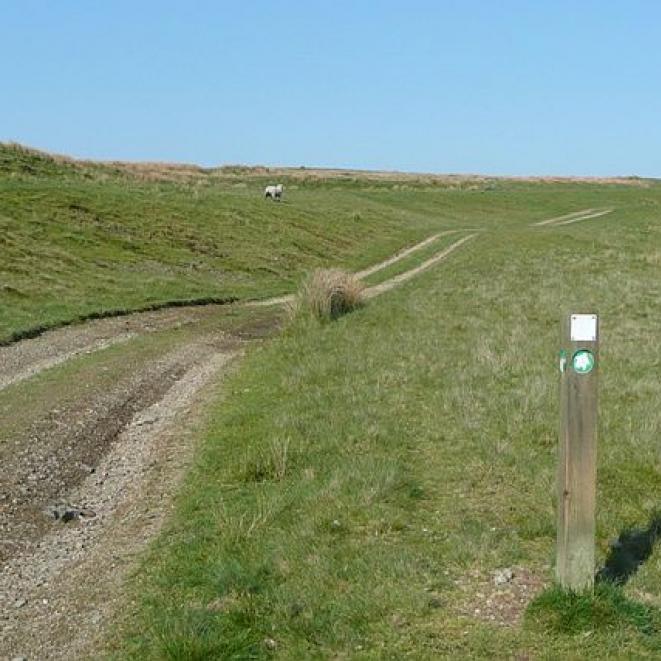The UK Government’s latest Defence Review paints a troubling picture — one that sees our future shaped more by weapons than wisdom.
With 62 recommendations set to be accepted in full, the review reads less like a strategy and more like a rubber stamp for the defence industry.
Top of the list is a £15 billion investment in the nuclear warhead programme, keeping submarines at sea in the name of “deterrence.” Another £6 billion will go into munitions, meant to create around 1,800 jobs. But is this really good value for money?
Defence spending is often sold as a driver of economic growth and jobs. But, as the Alternative Defence Review points out, it has one of the weakest economic multipliers. Investment in health, green energy or education does far more to create long-term jobs and improve people’s lives. Claims that this spending benefits ordinary workers often mask the fact that it enriches arms companies and shareholders far more.
At the same time, the Review ignores the biggest threat to our national safety: cyberattacks. The NHS and other vital services remain dangerously exposed, yet the government has offered no real and bold new investment in cybersecurity.
For years, both Conservative and Labour governments have slashed international aid budgets. Replacing diplomacy and global cooperation with military spending won’t make us safer — it will only worsen global instability. And with it, we will see more displacement, more conflict, and more refugees. This will fuel the very debates around migration that dominate and divide British politics today.
There’s also the environmental cost. Global military activity accounts for about 5.5% of carbon emissions — and that figure will only grow. At a time when climate action is urgent, building a war economy pushes us further in the wrong direction.
And yet, many across the political spectrum — even some trade unions — have bought into the old myth that preparing for war brings peace and prosperity. But real security isn’t built through weapons. It comes from strong public services, stable international relationships, and a serious response to climate and cyber threats.
In an ever more violent and divided world, as always it is harder than ever to raise the voice for peace and reconciliation. But among the loudest calls for war, destruction, and the deaths of civilians, we raising our voices. Against the tide, we must stand strong — for peace and for humanity.
Rhun Dafydd
Cymdeithas y Cymod




